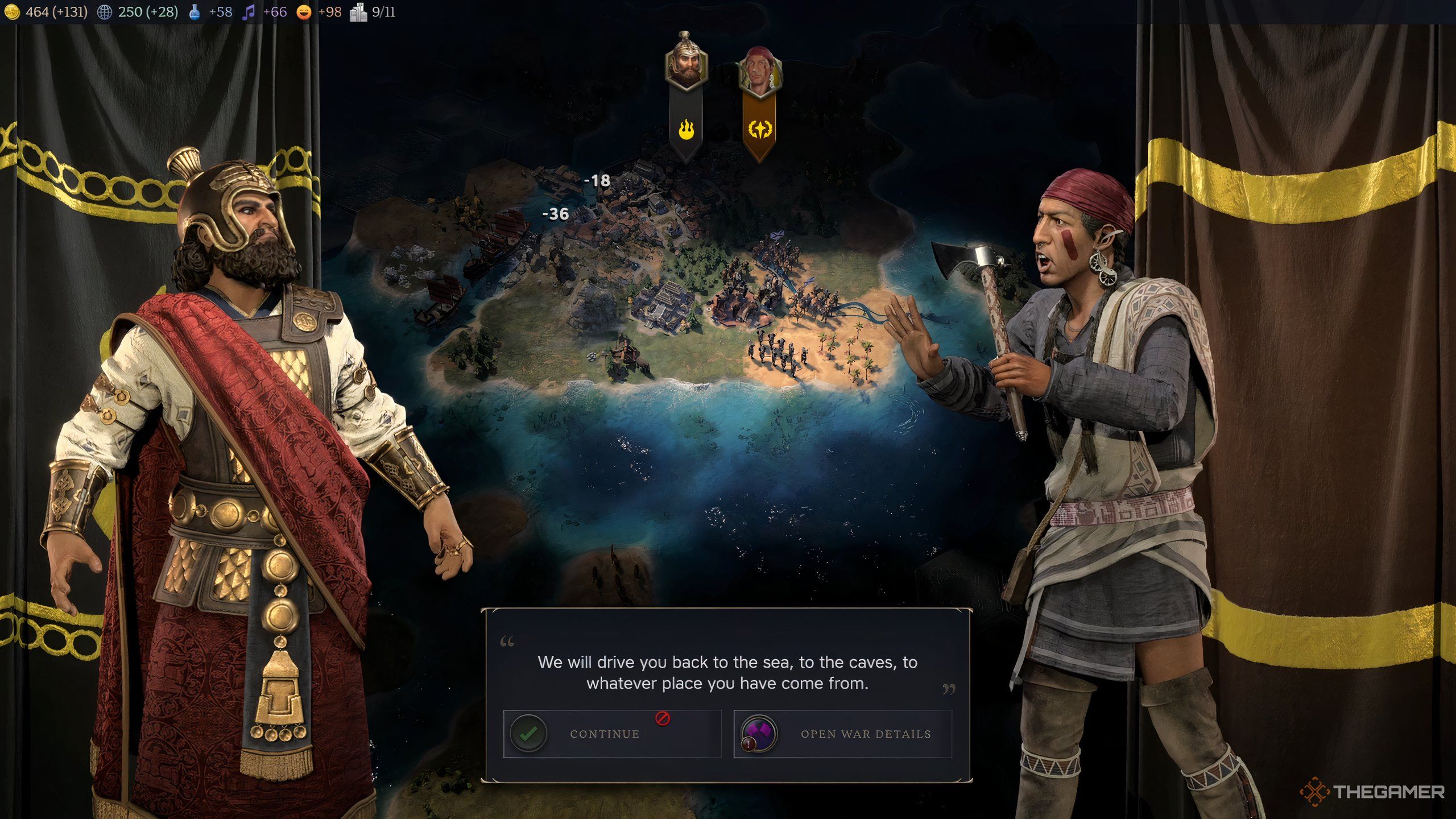Select Language:
Essential Links
In contrast to earlier entries in the series, Espionage has now been integrated into the Diplomacy system in Civilization 7. You no longer have to produce spies or allocate resources for Espionage actions; instead, you only need to use your Influence for subterfuge and to defend against adversaries.
Whether you’re a newcomer to Civilization 7 or the series, mastering Espionage is crucial if you aim to secure victory after many turns of gameplay. This guide provides everything you need to become a master spymaster. Let’s dive into how Espionage functions in Civilization 7.
What is Espionage?
Espionage is a powerful tool for disrupting your enemies and protecting yourself on the global stage.
However, you can’t start engaging in Espionage immediately. First, you’ll need to satisfy a few requirements.
|
Prerequisite |
Details |
|---|---|
|
Research Tech & Civics |
Every Espionage action in Civilization 7 necessitates certain research in your Tech or Civics Tree. Additional Espionage actions are unlocked through your Attribute Tree by navigating to your leader profile. |
|
Meet Opposing Civs |
To initiate Espionage, you must establish diplomatic relations with another Civ. Send out Scouts to locate and meet other civilizations. |
|
Garner Influence |
Espionage actions consume Influence, and without it, you can’t execute any Espionage operations. Spend time constructing buildings and gathering Influence resources to increase your Influence on the world stage. |
How Does Espionage Work?
As previously mentioned, Espionage actions can be executed by using Influence. Here’s how to initiate an Espionage Action.
- Select the Leader Portrait of the Target Civ – Navigate to the top right corner of your screen and click on the Leader Portrait for the civilization you want to spy on.
- Scroll Down in the Diplomacy Menu – The Diplomacy Menu will appear on the left of your screen. Scroll down to find the Espionage action you wish to initiate.
- Choose an Espionage Action – For more information on each action, hover your cursor over the option. The Influence cost will be displayed next to the action.
Keep in mind, not all Espionage actions will be available immediately. Maintain a high output of science and culture to unlock specific tech and civics that will expand your options.
Once you’ve made your choice, the Espionage action will remain active for a set number of turns, which you can see in the top right corner of your Diplomacy Menu.
If you forget which Espionage actions are currently active, simply hover over each action in the top-right corner of the Diplomacy Menu for all leaders.
What Does Espionage Do?
Here are some examples of Espionage actions you can undertake throughout your campaign, along with the Age in which to unlock them.
There are two essential points to grasp about Espionage in Civilization 7:
- Espionage Takes Time – The Influence cost for an Espionage action is measured in turns. If external factors like Counterspying prolong the action, the Influence cost may increase.
- Your Spies Might Get Discovered – Each Espionage action has a listed percentage that indicates both the chance of success and the likelihood of your Spy being revealed. If exposed, your relationship with the target civilization may deteriorate.
What is Espionage Good For?
As illustrated in the previous table, Espionage has many practical applications in any campaign. Here are a few crucial ways to utilize Espionage effectively.
- Delaying Enemy Civs – If another civilization is nearing completion of a vital Legacy Path, employ Espionage to slow them down and gain the upper hand.
- Supporting War Efforts – Espionage has the potential to shift the momentum of a battle, so use subterfuge to disrupt enemy military units whenever you can.
- Enhancing Your Tech and Civic Progression – If you’re falling behind in science or culture, Espionage can help level the playing field.
Even if you opt not to use Espionage to advance your position, make sure to Counterspy frequently to prevent your opponents from gaining an advantage over you.










